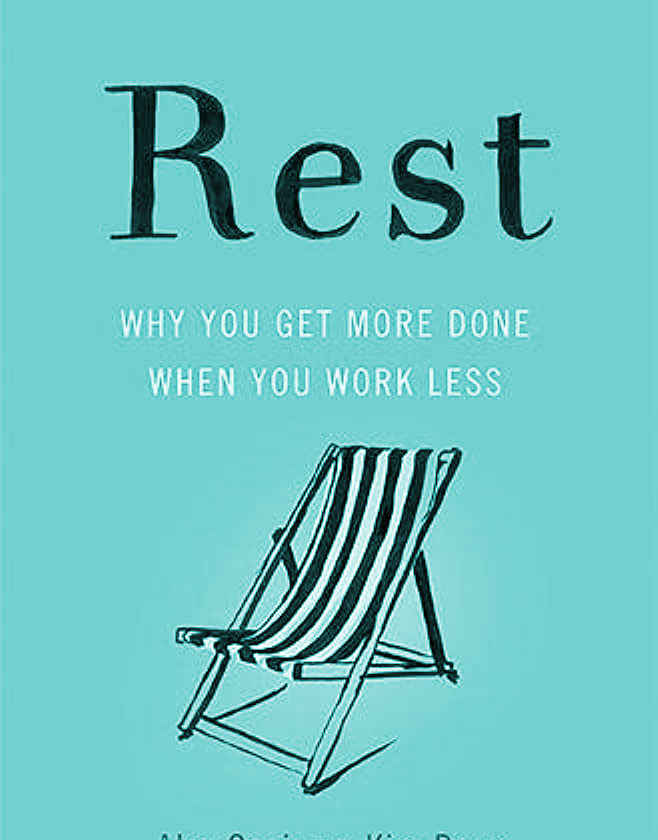Productivity is often associated with completing an ever-growing list of tasks. However, this endless list can feel overwhelming and unfulfilling—even when everything on it is checked off. True productivity lies just as much in not doing as it does in doing. To achieve this balance, one needs to exercise discernment and clarity. Choosing not to do certain things is just as crucial as choosing to do others.
The Importance of Having a ‘Not-To-Do’ List
To free up time, focus, and energy, it’s essential to deliberately decide what not to do. While having a “To-Do List” is useful, having a “Not-To-Do List” is even better. Becoming aware of what you choose to avoid helps develop the habit of clarity. It’s similar to decluttering your home: when you clear away the items cluttering your desk, you make space to concentrate on what truly matters. Without this habit of tidying, it becomes harder to avoid distractions, and you risk scattering your energy on unimportant tasks.
How to Create a Not-To-Do List
1. List all the things that aren’t aligned with your long-term goals
Among these:
- Write down anything that causes you pain, sadness, resentment, anger, or shame.
- Prioritize tasks or activities that provoke the most negative emotions.
2. Rank activities by the time, energy, and focus they consume daily
Eliminate tasks that drain the most mental and physical resources, as well as those causing the greatest emotional stress. If some tasks cannot be eliminated entirely, find ways to reduce them gradually or avoid situations that force you to engage in such activities.
3. Use a simple tool to create your list
I recommend using Google’s free tool called “Keep.” Available as either an app or a webpage, this tool allows you to easily create checkable task lists or a simple list of ideas accessible at any time. Its minimalist format makes it incredibly effective at avoiding unnecessary distractions.
4. Make a deliberate habit of doing nothing every day
People tend to stay busy—even if it means being unproductive. When not working, they might scroll through their phones, make a call, read, or find other ways to fill the silence. Learning how to truly “do nothing” (even if that simply means taking time to think) is a skill few possess. It’s important to train yourself to just think—nothing else. This practice preserves your cognitive resources and makes it easier to slip into a state of deep, focused work.










